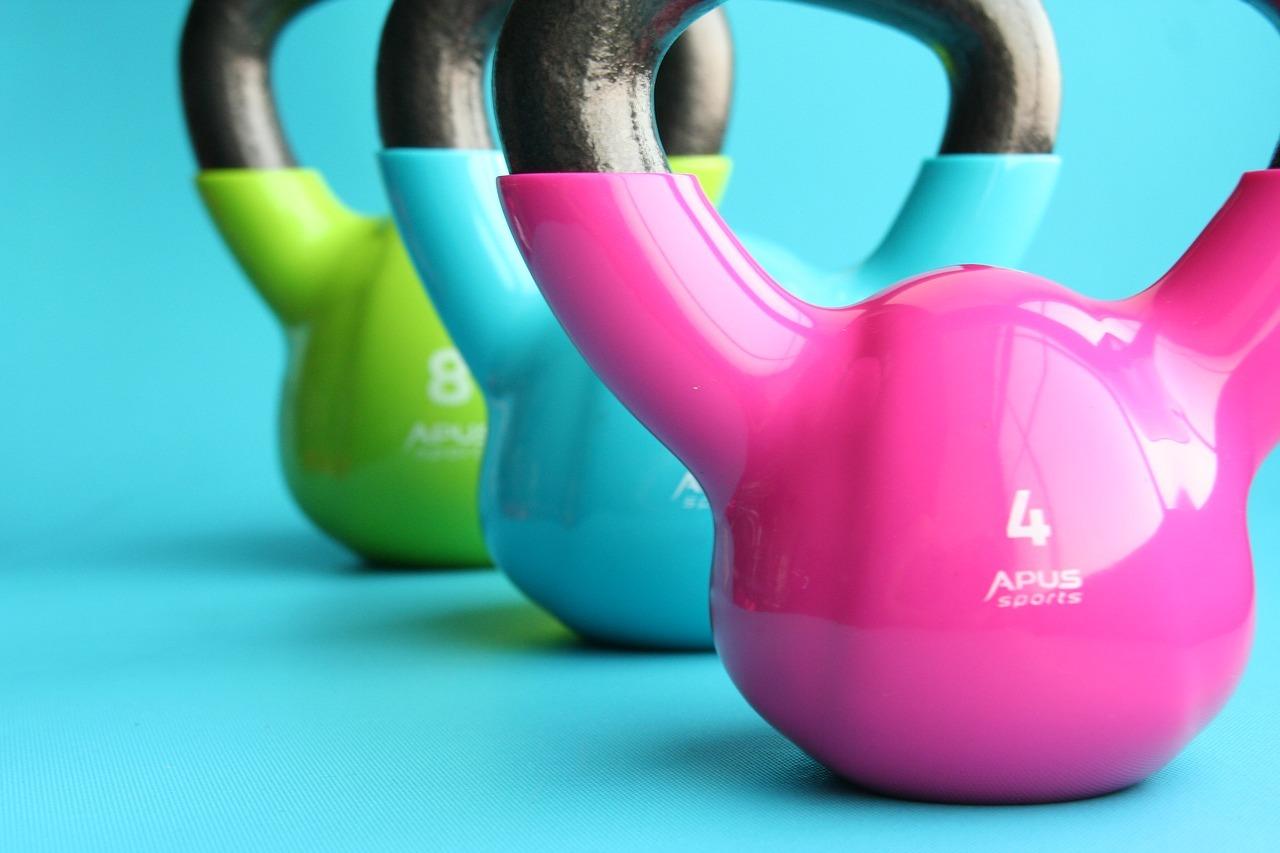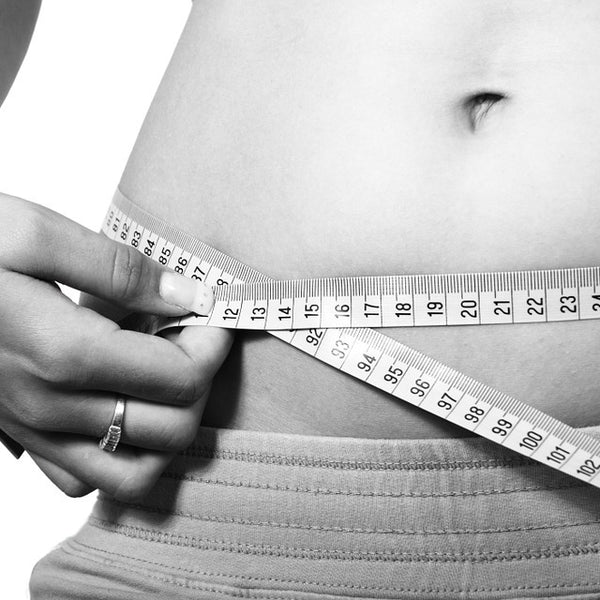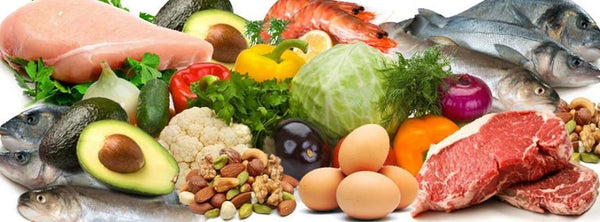
When is the best time to have protein for muscle gain?
Studies show the best time to have protein for muscle gain is within 1 hour of finishing your workout to assist in the rebuilding of damaged muscle fibres. Muscle growth doesn't necessarily happen at the same time as protein intake, but over the 24-48 hrs following resistance training.
If you're new to weightlifting or working out you're probably keen to make sure that your nutrition is going to support your exercise efforts. If you're not, then you definitely should be! It's really easy to become overwhelmed with the sheer volume of "bro science" out there about weight lifting and nutrition. There's 100's of different supplements people will try and sell you as the way to maximise your gains.
If you're just getting started I urge you to ignore the bro-science, just eat well and focus on getting the basics right and being consistent. You can complicate it later if you choose too.
 I've always had the belief (which is echoed by many), that what you eat is a bigger driver for health and your performance goals, than the exercise you may or may not do. If your body is not getting the right fuel, how do you expect it to run? Focus on getting your food right first, and you'll see the effects of your exercise compound.
I've always had the belief (which is echoed by many), that what you eat is a bigger driver for health and your performance goals, than the exercise you may or may not do. If your body is not getting the right fuel, how do you expect it to run? Focus on getting your food right first, and you'll see the effects of your exercise compound.
 The number you'll often see floating around the internet is 0.8g per kilogram of bodyweight. So for an average 75kg adult, the widely held consensus is that they should be consuming around 60g of protein per day. However, this generalisation has MANY shortfalls. The real answer to "How much protein should I have?" is a little bit trickier.
The amount of protein you should have is dependant on a number of factors; your weight, height, age, sex, your level of exercise, and most importantly, your goals.
Luckily, the good people over at bodybuilding.com have put together a fantastic calculator which will help show you how much protein you should have.
Out of curiosity, I popped in my figures. According to their calculator, a 30yr old very active male looking to gain muscle, standing 200cm tall and weighing 105kg should be consuming 280g of protein per day. There's a very good chance you're not as tall or heavy as me, so make sure to head across to their calculator and plug in your own figures.
The number you'll often see floating around the internet is 0.8g per kilogram of bodyweight. So for an average 75kg adult, the widely held consensus is that they should be consuming around 60g of protein per day. However, this generalisation has MANY shortfalls. The real answer to "How much protein should I have?" is a little bit trickier.
The amount of protein you should have is dependant on a number of factors; your weight, height, age, sex, your level of exercise, and most importantly, your goals.
Luckily, the good people over at bodybuilding.com have put together a fantastic calculator which will help show you how much protein you should have.
Out of curiosity, I popped in my figures. According to their calculator, a 30yr old very active male looking to gain muscle, standing 200cm tall and weighing 105kg should be consuming 280g of protein per day. There's a very good chance you're not as tall or heavy as me, so make sure to head across to their calculator and plug in your own figures.
70% Nutrition / 30% Exercise
 I've always had the belief (which is echoed by many), that what you eat is a bigger driver for health and your performance goals, than the exercise you may or may not do. If your body is not getting the right fuel, how do you expect it to run? Focus on getting your food right first, and you'll see the effects of your exercise compound.
I've always had the belief (which is echoed by many), that what you eat is a bigger driver for health and your performance goals, than the exercise you may or may not do. If your body is not getting the right fuel, how do you expect it to run? Focus on getting your food right first, and you'll see the effects of your exercise compound.
How much protein should I have?
 The number you'll often see floating around the internet is 0.8g per kilogram of bodyweight. So for an average 75kg adult, the widely held consensus is that they should be consuming around 60g of protein per day. However, this generalisation has MANY shortfalls. The real answer to "How much protein should I have?" is a little bit trickier.
The amount of protein you should have is dependant on a number of factors; your weight, height, age, sex, your level of exercise, and most importantly, your goals.
Luckily, the good people over at bodybuilding.com have put together a fantastic calculator which will help show you how much protein you should have.
Out of curiosity, I popped in my figures. According to their calculator, a 30yr old very active male looking to gain muscle, standing 200cm tall and weighing 105kg should be consuming 280g of protein per day. There's a very good chance you're not as tall or heavy as me, so make sure to head across to their calculator and plug in your own figures.
The number you'll often see floating around the internet is 0.8g per kilogram of bodyweight. So for an average 75kg adult, the widely held consensus is that they should be consuming around 60g of protein per day. However, this generalisation has MANY shortfalls. The real answer to "How much protein should I have?" is a little bit trickier.
The amount of protein you should have is dependant on a number of factors; your weight, height, age, sex, your level of exercise, and most importantly, your goals.
Luckily, the good people over at bodybuilding.com have put together a fantastic calculator which will help show you how much protein you should have.
Out of curiosity, I popped in my figures. According to their calculator, a 30yr old very active male looking to gain muscle, standing 200cm tall and weighing 105kg should be consuming 280g of protein per day. There's a very good chance you're not as tall or heavy as me, so make sure to head across to their calculator and plug in your own figures.


